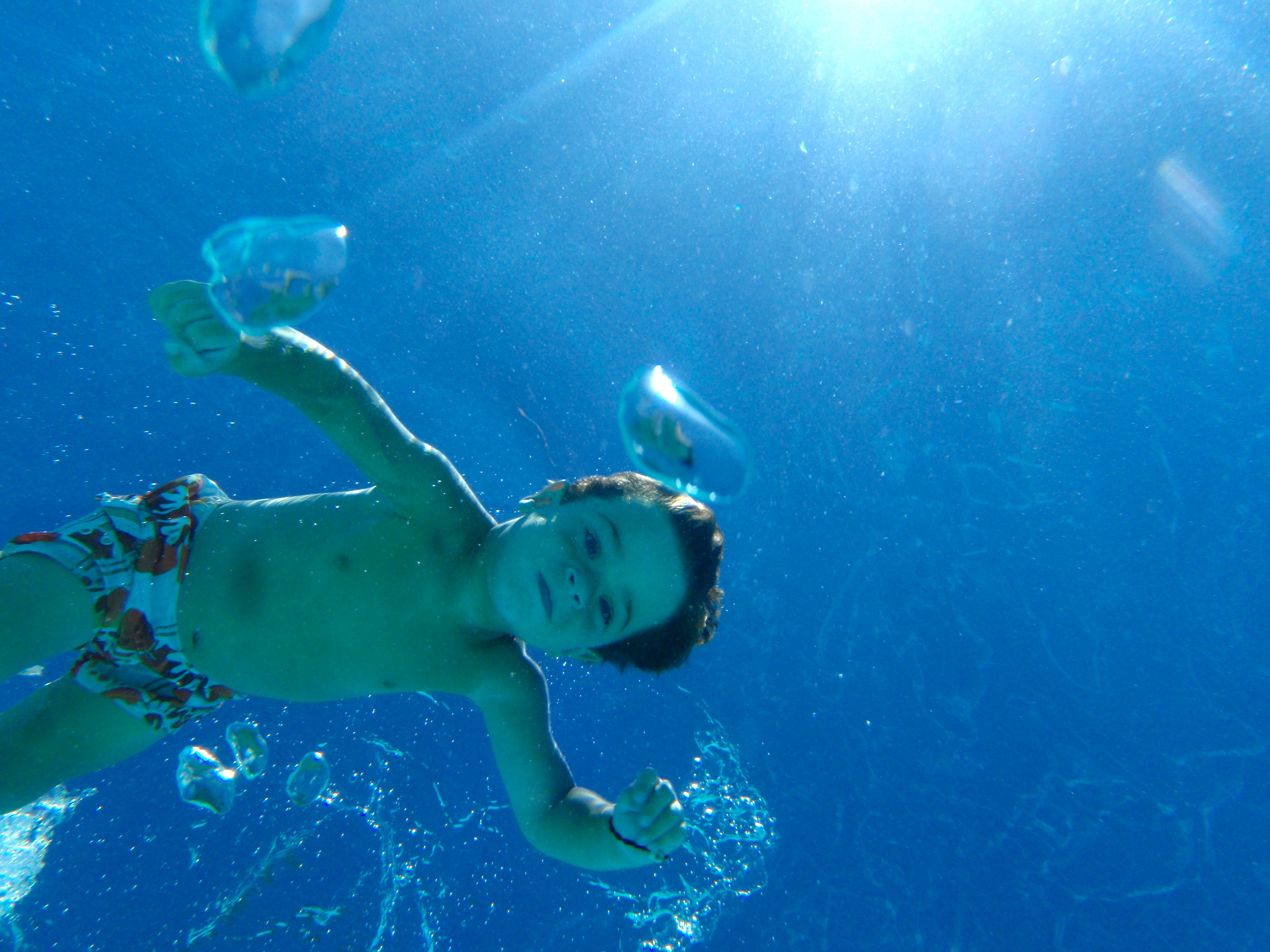Beyond the Mountain provides a rich and refreshing perspective on an age-old human pursuit - climbing mountains. This is not your typical, over-dramatized, cliché television documentary showing sherpas hauling gear up Mt. Everest, setting up camps and fixing lines for their wealthy clients to ascend. That's "alpine tourism". Steve House's book is about alpine mountaineering. Stuff a sleeping bag and food into your pack and go. You only take what you can carry.
In Steve's case, that has included climbing 15,000 feet up the Rupal Face of Nanga Parbat (8,126 m/26,660 ft). His ascent (together with climbing partner Vince Anderson) took 6 days up, and 2 days down, an experience that changed him physically, emotionally and spiritually forever. Few have ever attempted this ambitious, light and fast moving climb, and I suspect no one will again for a long, long time.
"Why on earth would you do that?" is the typical question that follows descriptions of such harrowing adventures, and this is precisely why I find his book so compelling. "Climbing a mountain" is a frequently used metaphor in leadership education. The point Steve makes (that most of us forget) is that it's not just about getting to the top. It's about HOW we get there. The journey is where the important lessons are learned. Having others haul our load to the top, including cans of supplemental oxygen, robs us of the experience's spiritual essence.
Beyond the Mountain chronicles Steve's life-long climbing career and his devotion to honing his craft. It's an insiders perspective on the intensity of high-altitude, technical, alpine mountaineering filled with breathtaking photos and detailed accounts of adventures in beautiful, remote parts of the globe. His take-home lesson is straightforward and compelling - "the simpler we make things, the richer the experience becomes." If we're not careful, our culture of "more", "bigger" and "now" can rob our lives of profundity and meaning.
Beyond the Mountain is an eloquent reminder that our biggest growth comes from our most challenging experiences. While many of us wait for those experiences to find us, Steve House has spent a lifetime seeking them out. After reading Beyond the Mountain, you'll want to also.
************
Oli Mittermaier is CEO and founder of EXLI (www.exli.org) providing leadership and emotional intelligence training for individuals, teams and companies.
















